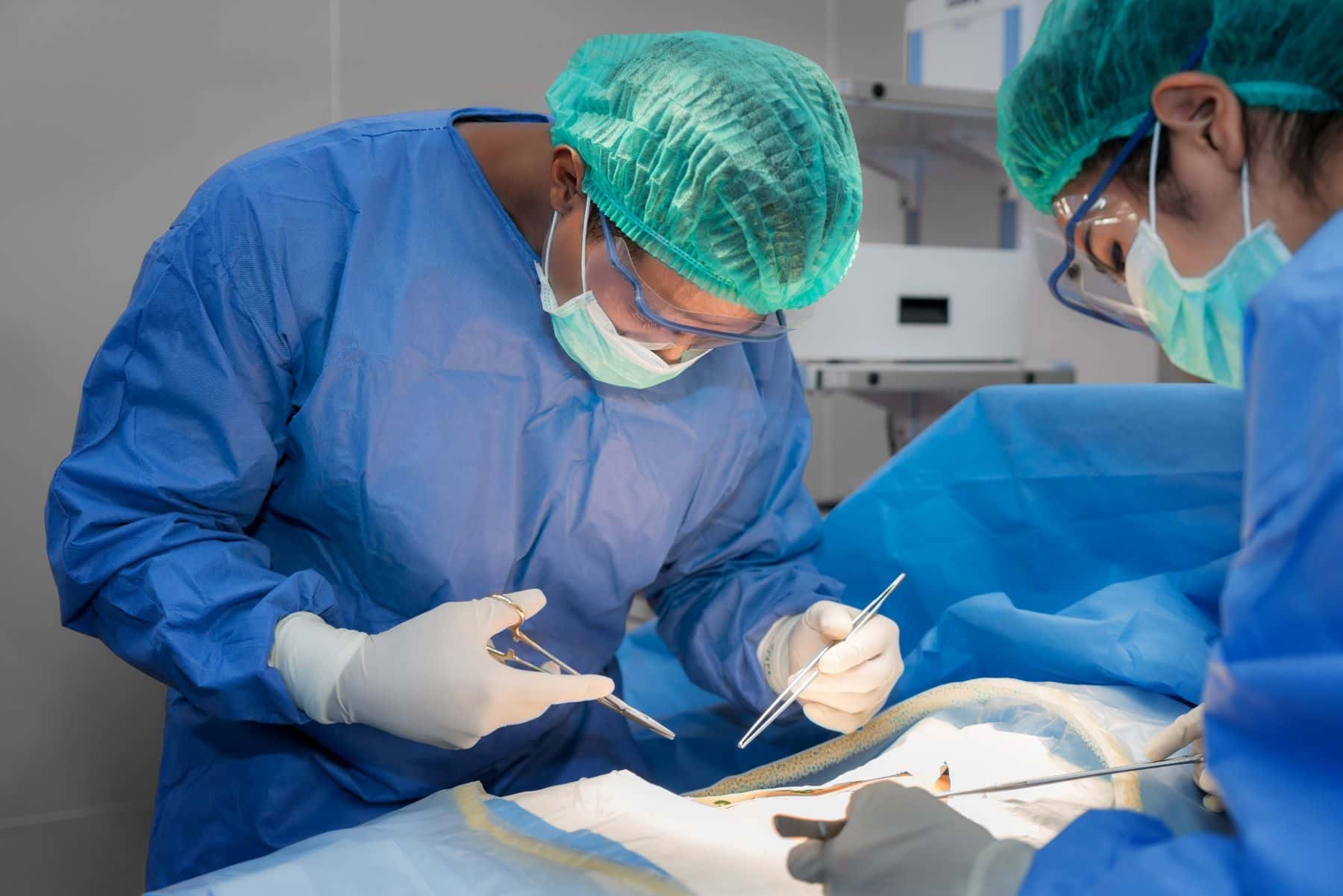Postoperative Complications Lead to Amputations in Diabetic Patient
This case study explores the postoperative management of a diabetic patient who underwent surgery for a Lisfranc fracture and later required toe amputations.
Updated on
Case Overview
This case study involves an elderly individual, aged around 70, with a history of diabetes. The patient suffered a Lisfranc fracture in their left foot in March of an unspecified year.
Following the diagnosis, they underwent surgery for hardware placement in April. However, complications arose postoperatively due to an infection that necessitated hardware removal in September of the same year.
Two years later, the patient began experiencing issues with the toes on their left foot. This led to the amputation of the first and second digits and partial amputation of the third digit. It is alleged that this individual has a history of noncompliance with diabetes management and insulin use.
An expert in Foot & Ankle Surgery was sought to review medical records and provide an opinion on whether the subsequent toe amputations were related to the initial foot fracture.
Questions to the Orthopedic Surgery expert and their responses
How often do you perform surgery for patients with foot fractures, including Lisfranc injuries, and manage postoperative care?
I have been practicing orthopedic trauma surgery at our Level I trauma center for 15 years now, treating thousands of patients with fractures and injuries to the musculoskeletal system, including foot injuries. Essentially, every day I manage traumatic foot injuries.
What are the most pertinent measures that surgeons can perform to minimize the incidence of postoperative infection in patients with diabetes?
To minimize the incidence of postoperative infection in patients with diabetes, several measures should be implemented. These include good preoperative prophylaxis, sterile surgical technique, proper sterile dressings postoperatively, and close monitoring.
What pertinent criteria should be used to determine if this patient's subsequent toe amputations are related to her previous foot fracture?
Determining if this patient's subsequent toe amputations are related to her previous foot fracture would require further review of the time course and postoperative clinical events.
Have you reviewed a case similar to the one described above? If so, please briefly describe.
As a Professor and Vice Chair of Orthopedic Surgery at a leading academic medical center with over 250 publications in my field, I have reviewed numerous cases similar to this one.
About the expert
This expert has an extensive 15-year background in orthopedic surgery, with specialized training in biomechanical research and orthopedic trauma surgery. They are board-certified in orthopedic surgery and actively participate in several professional organizations, including the Orthopedic Trauma Association and the American Academy of Orthopedic Surgeons. Currently serving as a professor of orthopedic surgery, the director of an orthopedic trauma fellowship and research program, and the chief of an orthopedic trauma service at a prestigious medical school, this expert has contributed significantly to their field through over 175 peer-reviewed articles, 35 book chapters, and multiple edited textbooks.

E-055218
Specialties:
About the author
Wendy Ketner, M.D.
Dr. Wendy Ketner is a distinguished medical professional with a comprehensive background in surgery and medical research. Currently serving as the Senior Vice President of Medical Affairs at the Expert Institute, she plays a pivotal role in overseeing the organization's most important client relationships. Dr. Ketner's extensive surgical training was completed at Mount Sinai Beth Israel, where she gained hands-on experience in various general surgery procedures, including hernia repairs, cholecystectomies, appendectomies, mastectomies for breast cancer, breast reconstruction, surgical oncology, vascular surgery, and colorectal surgery. She also provided care in the surgical intensive care unit.
Her research interests have focused on post-mastectomy reconstruction and the surgical treatment of gastric cancer, including co-authoring a textbook chapter on the subject. Additionally, she has contributed to research on the percutaneous delivery of stem cells following myocardial infarction.
Dr. Ketner's educational background includes a Bachelor's degree from Yale University in Latin American Studies and a Doctor of Medicine (M.D.) from SUNY Downstate College of Medicine. Moreover, she is a member of the Board of Advisors for Opollo Technologies, a fintech healthcare AI company, contributing her medical expertise to enhance healthcare technology solutions. Her role at Expert Institute involves leveraging her medical knowledge to provide insights into legal cases, underscoring her unique blend of medical and legal acumen.
Subscribe to our newsletter
Join our newsletter to stay up to date on legal news, insights and product updates from Expert Institute.
Sign up nowFind an expert witness near you
What State is your case in?
Subscribe to our newsletter
Join our newsletter to stay up to date on legal news, insights and product updates from Expert Institute.



